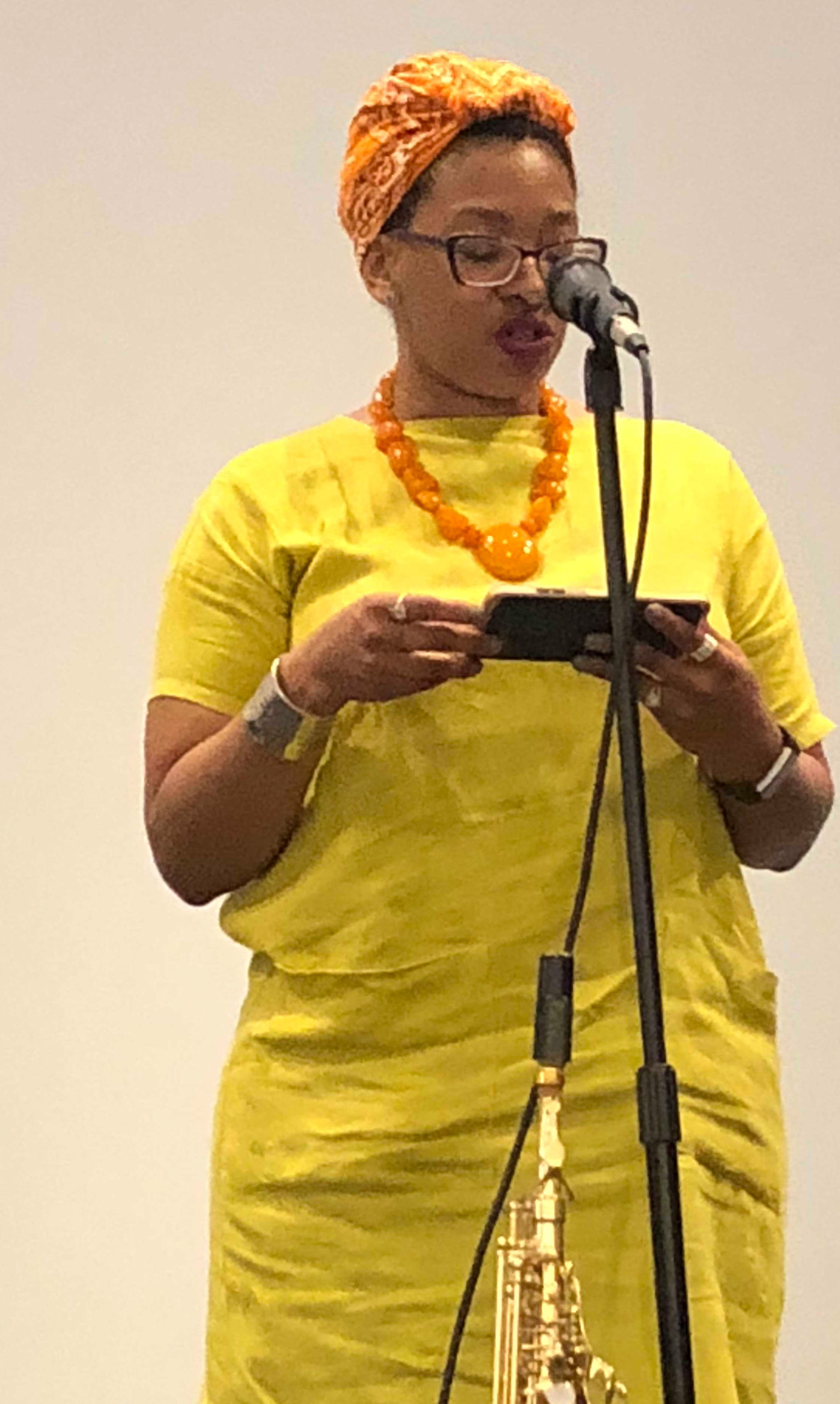By Morf Morford
Tacoma Daily Index
You don’t need a degree in business to recognize that we are in a very different business environment than just a few years ago.
Business rules, models and expectations are far different than ever before. Perhaps this has always been true, but it is certainly more true now than ever before – there is no standing still in this market.
If you think you have reached a plateau in your business or in your career, prepare to get flattened on the business escalator that never stops.
Remember business plans? Yes, they are a great, if not essential, step to clarifying and defining your purpose, direction and goal in starting a business. And most entrepreneurs, as much as they might hate putting a business plan together, would be lost without them.
But how useful are they really? How accurate and helpful are they, looking back either from a successful business or one that failed spectacularly?
Far too many would-be entrepreneurs think of business plans as attention-getting devices for investors. Others see their business plan, or at least a highly distilled version of it, as a continual inspiration or course-correction which becomes an ever more solid reference point in the flurry of schedules, obligations, vendor, customer or market demands and any number of crazy, unpredictable ways that life interferes with our best intentions.
If your goal is just to raise the money, sell the company and make a bundle, do yourself a favor and go directly to fund raising and leave the entrepreneurial world to those who really want to do something new, creative, productive and yes, profitable. But if you want to sell an idea, a vision, a new way of doing something, a product that world didn’t know it needed until you came along, yes, we are waiting for you, and yes, we will gladly pay you for your contribution to our lives. (1*)
Steve Jobs’ great insight about the iPhone was not that it was such an original technology (most of its features like a touch-screen had been around for years). Steve Jobs wanted his phone to be, not on a desk, or in a car or even in a pocket. He wanted his phones to be in-hand. His phones would be held, fondled really.
One of the designers of the physical iPhone (not the technology or internal features) wanted the iPhone to be every user’s “security blanket.” You don’t have to be a social scientist to see that his vision succeeded far beyond his imagination. How often do you see people, alone, in couples or in groups, walking, talking or eating with theirs phones in hand?
A better question might be, how often do you see a person anywhere, of almost any age, in any public space, WITHOUT a phone in their hand?
Somehow smart phones went from being an exclusive work-related tool to an ever-present, multi-purpose, vital appendage to virtually every person in every situation.
And some us are not even fazed by the fact that our phones could cost us easily a thousand dollars?
Have you ever misplaced your phone? Remember the gut-level panic that sets in as you retrace your steps, and obsess over the minutiae of your last phone use and feel like you can barely breathe until it is back in your quivering hands?
It is not so much that we love our phones – we might, but our emotional need, if not bondage to them is so great that we feel paralyzed and helpless without them.
How did we get here, and how did this happen in barely a decade?
I love my smart phone – and I love the internet. And I can’t imagine my life without them, but I can’t help wondering what we have lost and what we have become. Sometimes I long for the old days. Not the mythical life on the farm or pioneers days of a hundred (or more) years ago, but the old days of a couple of years ago when we had book stores and music stores. It seems like a fantasy of ancient lore to imagine a time when people held actual hard-copy, paper (yes, dead-tree) books that didn’t pulse or beep or have batteries and humans actually listened to music without intrusive and annoying ads or a constant reminder of what “other listeners” listened to next.
How many movies do you watch on the big screen compared to your device (2*) of choice? Have you noticed how many theaters have large cushy seats now – and hold about half as many viewers? That’s because so many of us see more movies, but we see them at home or somewhere else.
Somehow these devices that fit in our hands have come to control our lives and define how we buy and sell, read, listen to music and communicate. There was a survey that showed that 40% of smart phone owners NEVER use their phone as a phone.


Like most smart phone users, I use my phone as a phone probably one minute for every hour (or two) that I use it for something else. You have to wonder why, or if, we will keep using the word “phone.”
No one could have projected how we would use our phones, and how many hours a day we would use them.
Who would have imagined that “phone addiction” “text neck” or “sexting” would ever be a topic of conversation or on the media?
Could any of us, no matter how prescient, imagine that any of that would have been in Steve Jobs’ original business plan? (3*)
Apple, just to review, started as a computer company. In 2008 Apple projected optimistically that they might have 1% of the smart phone market. In 2018 Apple holds about 15% of the market share while Samsung holds about 22%. But Apple’s profit margin on the iPhone is so great that rumors continue to fly that Apple will abandon the computer market entirely to focus on its most identifiable – and profitable – product.
None of this, of course, was foreseen or part of the original business plan. If you look at the 1981 Apple business plan, you will see an occasional cliche from the 1970s like this one – “Today is the first day of the rest of your life.”
On one level, this is typical puerile 1970s philosophical bilge (much like the smiley face logo still in use in some big box stores), but it is factually true and speaks to the inherent unpredictably of any given market trend.
Whatever your business, business plan or business intentions, be prepared to flex with whatever the market demands.
If you are looking to super-charge your thoughts on your own business plan, take a look at these TED Talks on finding, generation and keeping creativity in your business – https://www.inc.com/larry-kim/4-must-watch-inspirational-ted-talks-on-creativity-in-business.html
(1*) Maybe my age is showing, but did the world really need a Barbie set with a walking dog that poops? We are glad to see that the set includes a poop clean-up kit. Details here – https://barbie.mattel.com/shop/en-us/ba/sisters-pets/barbie-walk-potty-pup-dwj69.
(2*) I have to admit, even the word “device” creeps me out. It makes me think of some 19th Century mechanical medically intrusive tool or a medieval implement of torture. Whether that is my over-active imagination or an accurate portrayal, only time will tell.
(3*) You can see the original (1981!) business plan for the Apple Mac here (http://archive.computerhistory.org/resources/text/2009/102712692.05.01acc.pdf). Be sure to notice the Lisa for $5,000 and weighing in at over 45 pounds!








